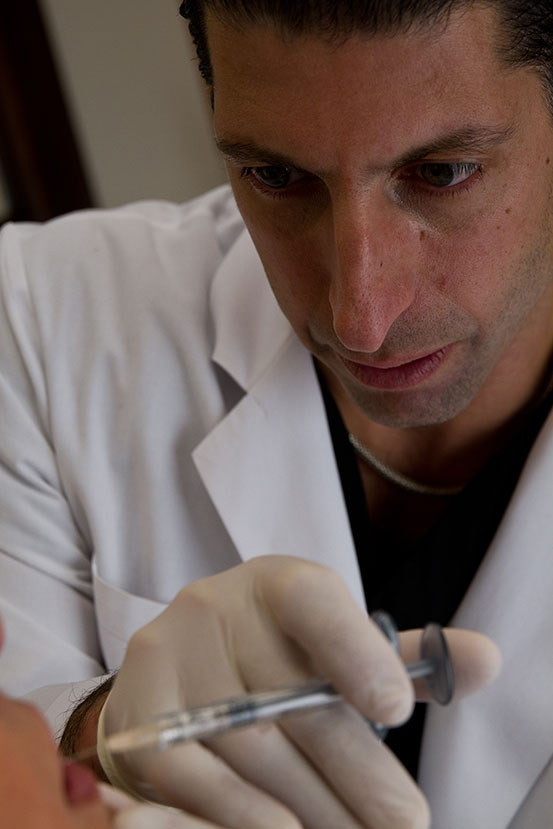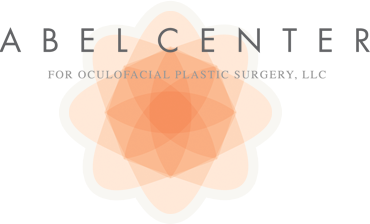FAQs

What can I expect during my initial visit?
Once you make an appointment with Dr. Abel, the office will provide you all of the information you will need. This initial visit is an opportunity to meet the surgeon and discuss your concerns as well as for the surgeon to give you an idea of what treatment options are available.
If I decide to have surgery, when can it be scheduled?
Dr. Abel and his staff will explain how and when you can schedule surgery. Scheduling depends on surgeon and operating room availability, obtainment of medical clearance from your primary care physician, and, for certain cases, insurance pre-certification. The average time from your initial evaluation to actual surgery is between two and four weeks.
Where will my surgery be performed?
Surgery by Dr. Abel is typically performed in an outpatient accredited surgery center such as the Limestone Surgery Center, Center for Advanced Surgical Arts and the Roxana Cannon Arsht Surgery Center at Wilmington Hospital, although other options are available. The practice will provide you with information and options at the time of scheduling.
How much is the surgery going to cost?
Before we can provide you with fees for procedures, the surgeon needs to perform an evaluation. Each patient is different and has his/her own unique combination of issues, options, concerns, and functional and aesthetic goals which must be addressed individually. The doctor and staff can then review with you the cost of various procedures and options at the time of scheduling.
Can I finance my surgery?
If the service is not covered by your insurance, the Abel Center will provide some financing information and options. We encourage you to ask early in the conversation if this is an issue.
Will my surgery be performed under general or local anesthesia?
The majority of our surgeries are performed under local anesthesia with intravenous sedation. Certain procedures or patients with additional medical issues may, however, require general anesthesia. The surgeon will decide which is the most effective anesthesia for your particular situation and provide you with this information at the time of scheduling.
How much time should I plan to take off work following surgery?
Normally most patients feel comfortable returning to work and resuming their social activities in one to two weeks. This may vary depending on your type of procedure and how quickly you heal.
Is there anything I should do to prepare for my surgery beforehand?
Yes.
- See your primary care physician or internist 3-4 weeks prior to your surgery for standard preoperative clearance. The Abel Center will provide you with a History and Physical Exam form to bring to your appointment for your physician to fill out. You will have blood drawn and an EKG. If you live out of the area you may have this done near your home.
- Avoid medications which thin your blood per your surgeon's instructions. These include: aspirin, ibuprofen, Aleve, Motrin, Excedrin, Plavix, Pradaxa, and Coumadin. Also avoid vitamins E & C and herbal supplements such as Gingko Biloba and St. John’s Wart. Patients with a history of cardiovascular or clotting conditions who are taking daily doses of aspirin, Plavix, Pradaxa, or Coumadin may need to see their cardiologist to be cleared for surgery. These patients should not stop their medications until this has been cleared by their cardiologist. Most of these medications can be resumed 24-72 hours following surgery.
- Make arrangements for someone to pick you up the day of your surgery and for someone to stay with you for at least the first 8 hours.
What should I avoid during my recovery period?
Refrain from doing any activity that has the potential to raise your blood pressure such as exercising, bending, lifting, brisk walking and sexual activity. Do not drink alcoholic beverages. Do not take medicines or supplements which thin the blood. The doctor will inform you when it is safe to resume these activities.
When will my first follow up appointment be scheduled?
Anywhere from 1-7 days following surgery. The doctor will determine this on the day of your procedure. You will be given an appointment for your first post operative visit along with detailed instructions which you must follow carefully.
Can I do anything to minimize bruising and swelling?
Yes.
- Stop all blood thinners prior to surgery as described above.
- Sleep in a reclining (not horizontal) position for 5-7 days following surgery to minimize the collection of fluids in the face and eyelids.
- Follow the instructions you will be given about administering cold and warm compresses. These will not only reduce bruising and swelling but will maximize and promote healing.
- Taking Arnica and Bromelain reduces discomfort, bruising and swelling.
